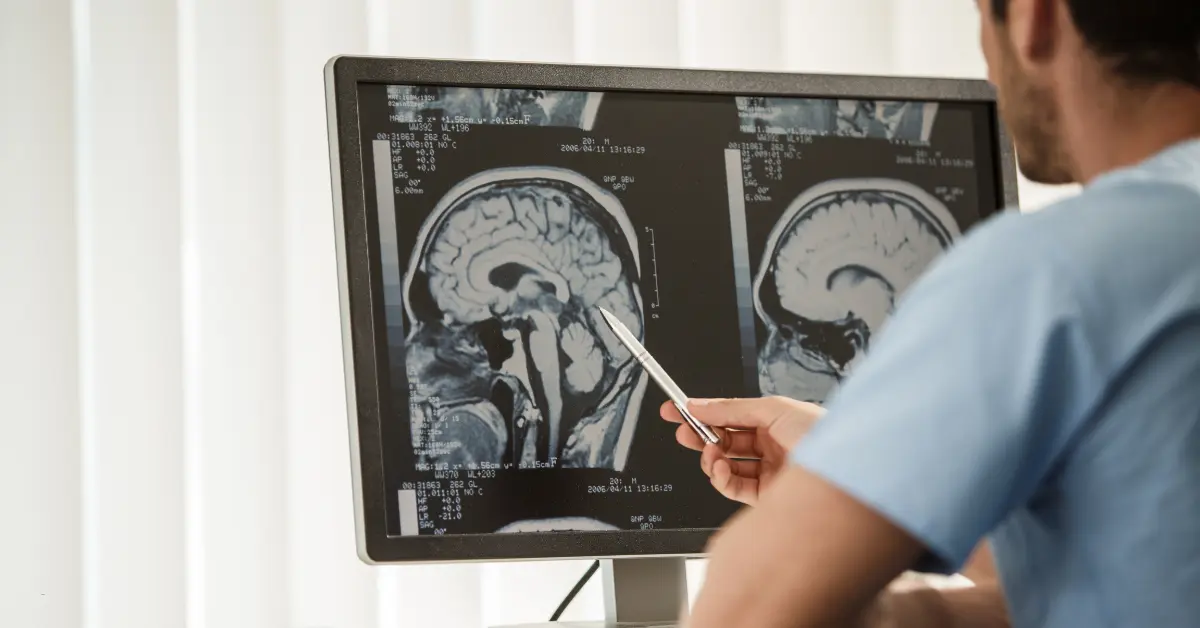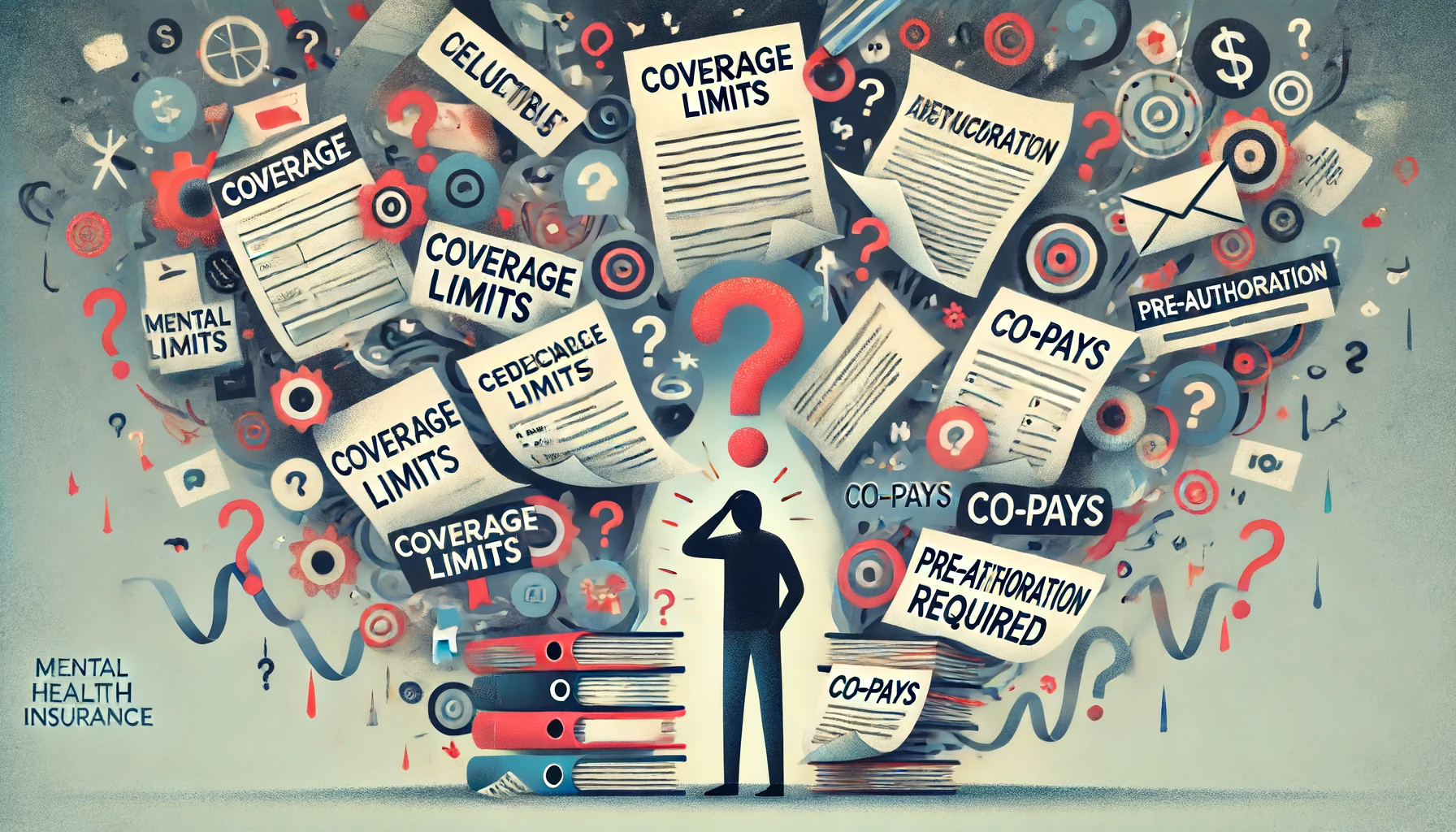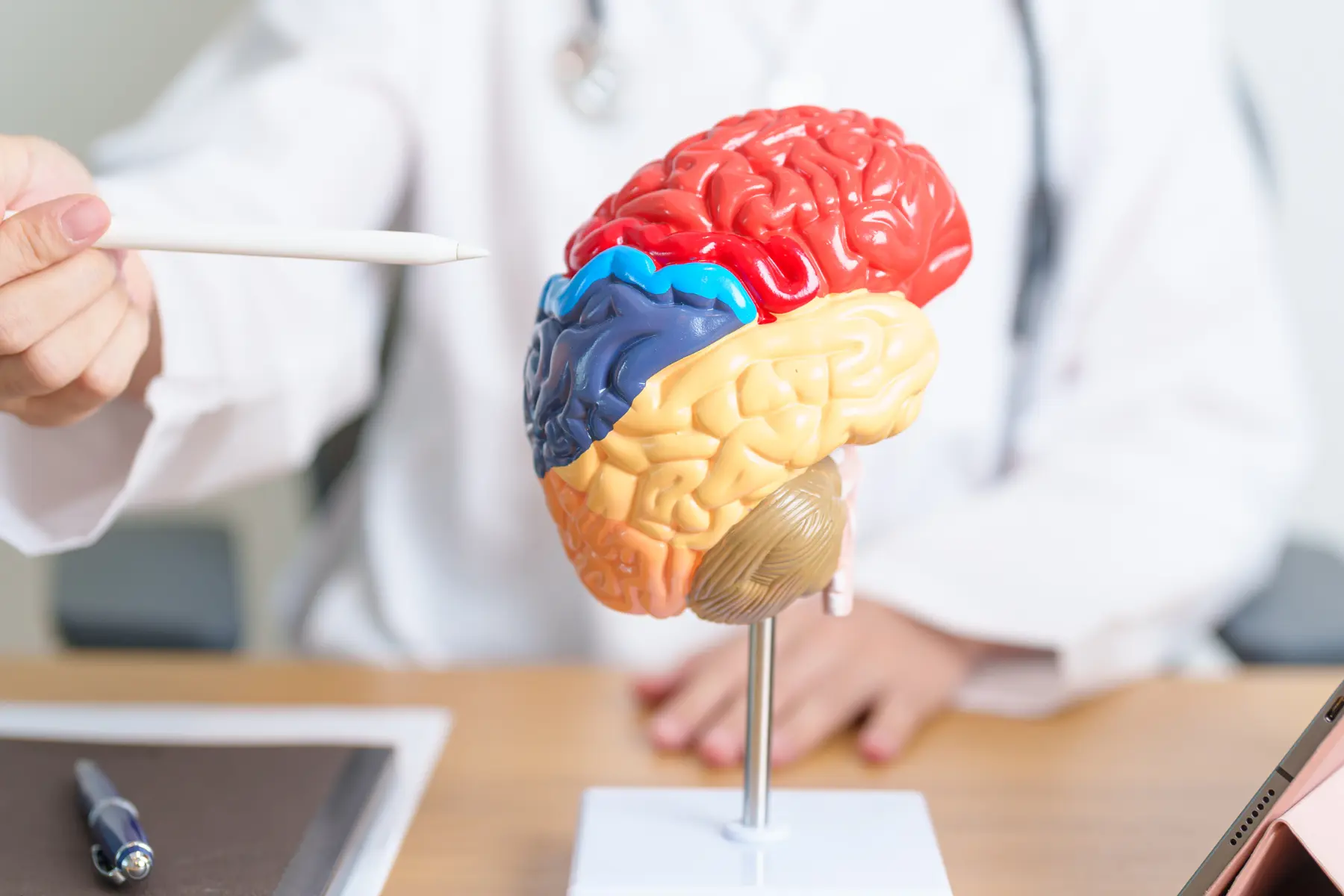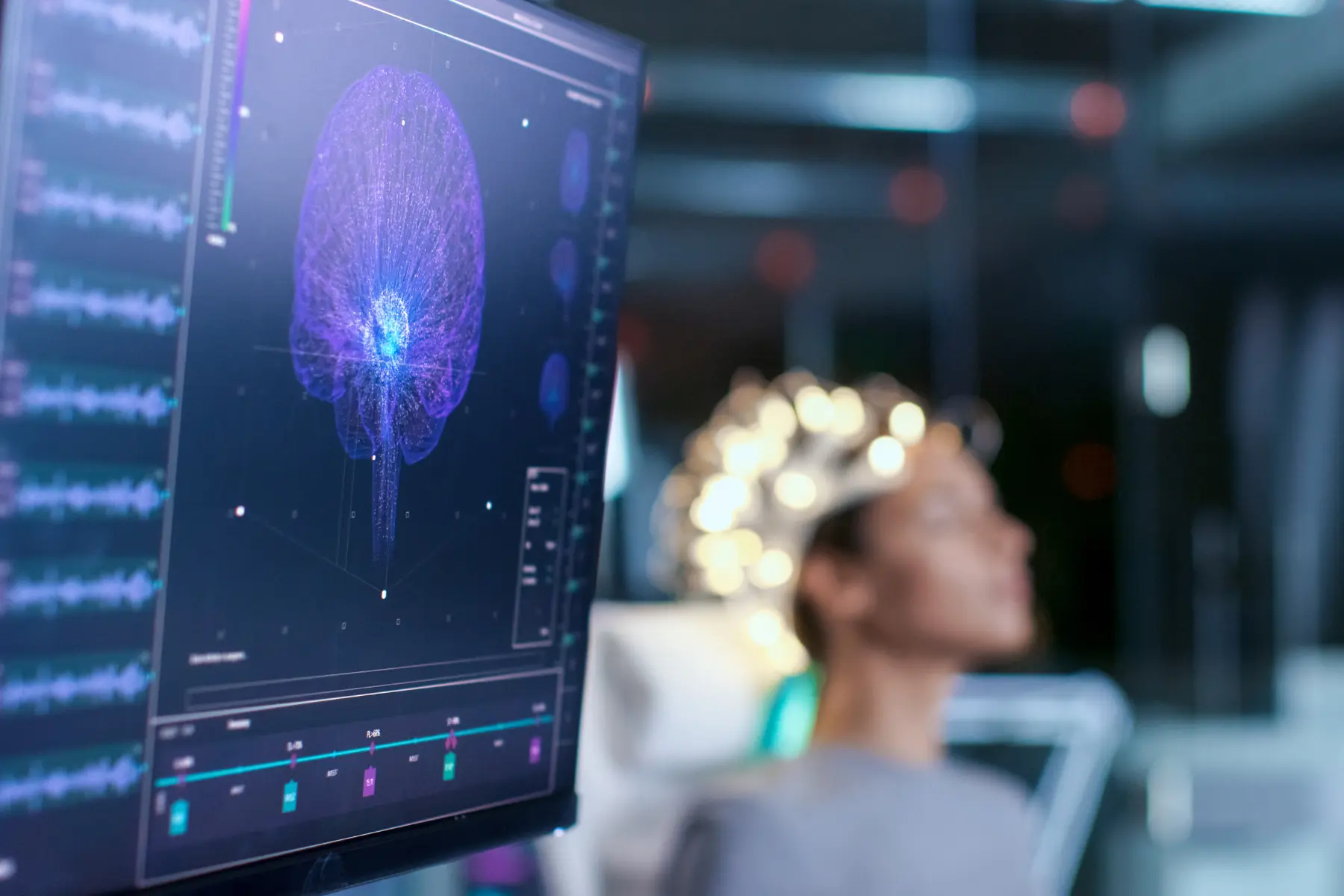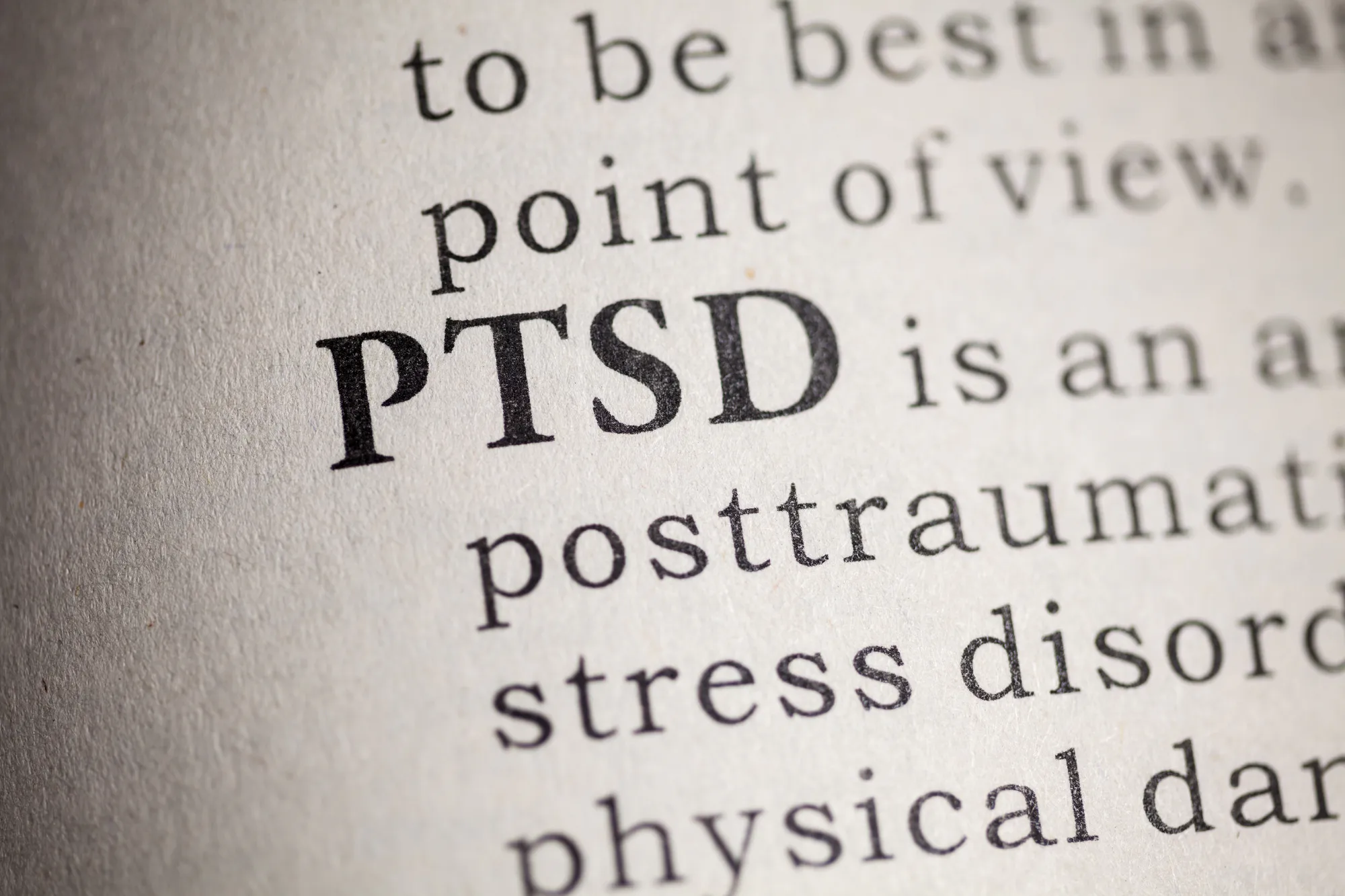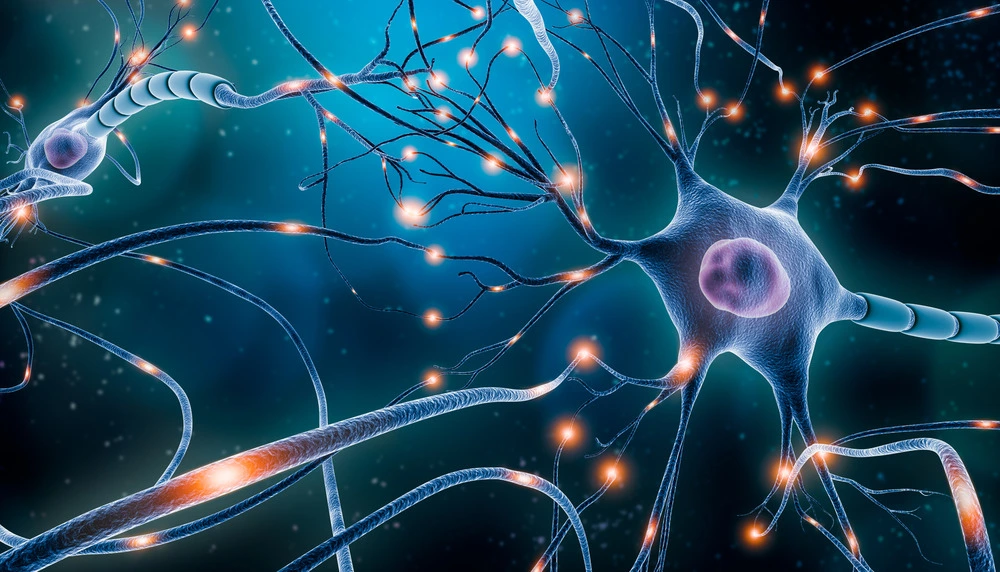If you’re struggling with anxiety or depression, and have tried various conventional treatments and medications and none of them seem to work, Transcranial Magnetic Stimulation TMS therapy may be an effective solution. If you’re considering the possibility of Transcranial Magnetic Stimulation (TMS) therapy, chances are you’re assessing the advantages and disadvantages. On one hand, the prospect of achieving freedom from depression without grappling with medication side effects, pharmacy refills, or frequent psychiatry appointments is appealing. On the other hand, the commitment to daily sessions might seem burdensome. This article aims to aid you in determining whether TMS therapy is the right choice for you.
The Drawbacks
#1. Daily Office Visits. Probably the most notable downside of TMS therapy is the frequent office visits during the duration of the treatment course. Patients are required to visit the clinic five days a week for six weeks. This is followed by an optional but highly recommended “taper” phase, spanning the 7th to 9th weeks, involving three sessions in the 7th week, two in the 8th week, and one in the 9th week. Although occasional missed sessions are manageable, consistency is advised for the most effective results. The operational hours of your local TMS center may vary, but at Bespoke Treatment offices, the typical schedule is 8:00 AM – 8:00 PM Monday through Friday. However, starting in 2022, Bespoke Treatment offices introduced Accelerated TMS, requiring only five consecutive days of office visits, each consisting of 10 TMS sessions.
#2. Insurance Coverage Criteria. Getting insurance approval for TMS therapy can sometimes be a challenge. Insurance companies maintain varying criteria, and policies can sometimes change annually. Some providers may have prerequisites for approval, requiring patients to have attempted two antidepressants in the past, while others demand four antidepressants and a form of psychotherapy before approving coverage for TMS therapy. For clarification on insurance coverage by your provider, you can complete a pre-approval form to receive insights from our patient care coordinators who are more than happy to help.
#3. Discomfort. The treatment itself isn’t known to be incredibly pleasant, however, it’s interesting to note that some individuals even fall asleep during TMS sessions. Most patients describe the feeling as “uncomfortable but tolerable.” The device emits magnetic pulses that can create a tapping or knocking sensation on the scalp during stimulation. Depending on the patient’s reclining position in the treatment chair, they might experience movement in the jaw or eyebrows. However, these sensations are temporary and completely subside immediately after the session.
#4. Lack of Standardization. The lack of standardization can be a challenge within the TMS field. Different TMS centers often employ varying methods and protocols. Some providers use identical treatment protocols for all patients, while others rotate between one or two protocols. The barrier to entry to start a practice that offers TMS therapy is relatively low, leading to practitioners with inadequate experience or proper education to use the technology on patients.
The Advantages
#1. High Success Rate. TMS stands out due to its remarkable efficacy. Conventional depression medications have lower success rates, declining even more so after initial attempts while numerous studies show TMS boasts a proven success rate of at least 68%, surpassing conventional medication’s 37.5%. Recent analysis from the Los Angeles Bespoke Treatment site reveals an exceptional success rate of 92.5% revealing that the majority of those who complete the TMS treatment have experienced substantial symptom relief.
#2. Prolonged and Lasting Effects. TMS’s uniqueness lies in its lasting impact on symptom relief even after the treatment concludes. Unlike medications requiring prolonged, indefinite use, research has shown TMS provides results that extend for a minimum of 24 months after treatment for 90% of individuals. While 35% of this group benefit from additional Maintenance TMS sessions post-initial treatment, those not requiring maintenance still enjoy sustained benefits over many years.
#3. Enhanced Safety and Minimal Side Effects. TMS offers a safety advantage with its targeted, non-invasive approach that statistically outperforms traditional antidepressants in terms of side effects. Unlike medications that need to be ingested and have various systemic reactions through the entire body, causing issues like weight gain, fatigue, nausea, memory loss, apathy, insomnia, and sexual dysfunction, TMS’s noninvasive nature ensures only minimal transient side effects, such as minor headache, lightheadedness, or scalp discomfort during the actual treatment. These effects dissipate within minutes after the session, and importantly, no long-term side effects have been linked to TMS.
#4. Theta Burst Stimulation. Technological advancements permit newer TMS devices to employ magnet pulsing at brain-friendly frequencies. Notably, Theta Burst Stimulation (TBS) or “Accelerated TMS” offers a 3-minute protocol that has been proven to be as effective as lengthier sessions. This innovation facilitates more accessible and cost-effective treatment options, even fitting into busy schedules, like quick sessions during lunch breaks. While personalized approaches are optimal, Theta Burst Stimulation expands treatment flexibility for those who need it.
#5. Potential Insurance Coverage. While at times insurance coverage could be considered a drawback, at other times depending on insurers’ criteria, TMS could be fully covered by insurance, presenting a financial advantage. Determining your coverage is as simple as contacting one of our Bespoke Treatment offices for a complimentary benefits verification.
#6. It’s Not ECT! TMS is not to be confused with electroconvulsive therapy (ECT), which, although effective, often yields short-term improvements requiring medication in conjunction with the treatment for sustained benefits. Unlike ECT’s post-treatment side effects like memory difficulties, headaches, muscle aches, and nausea, TMS poses no such long-term memory concerns or extreme procedural impacts.
So, What Depression Treatment is Right For You?

Choosing the right depression treatment requires careful consideration and consultation with medical professionals. It is vital for each person to conduct their own research and determine the approach that aligns best with their comfort and personal needs. When considering different treatment options, some factors to think about include the options available to you, personal preferences, severity of symptoms, previous treatment history, medical history, treatment duration, side effects and risks, as well as advice from medical experts. However, when researching potential depression treatments, it’s important to emphasize that TMS is characterized by:
- Non-systemic nature
- Non-sedative qualities
- Non-invasive method
- Non-pharmacological methodology
- FDA clearance and established efficacy
- Inclusion in the majority of insurance plans
- High success rate




